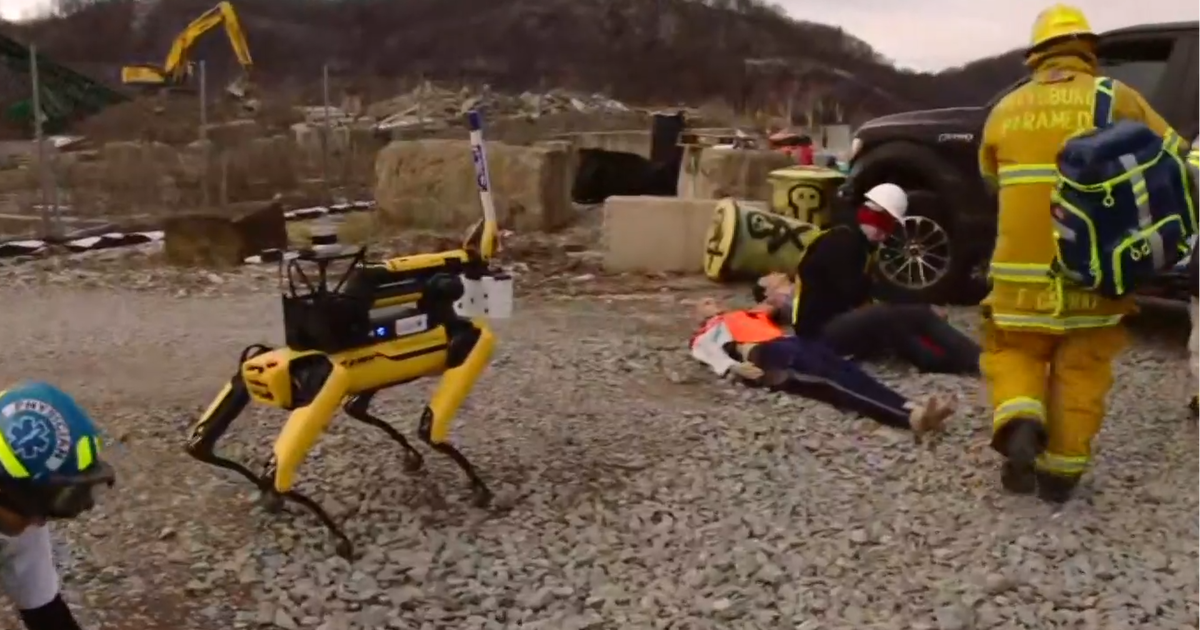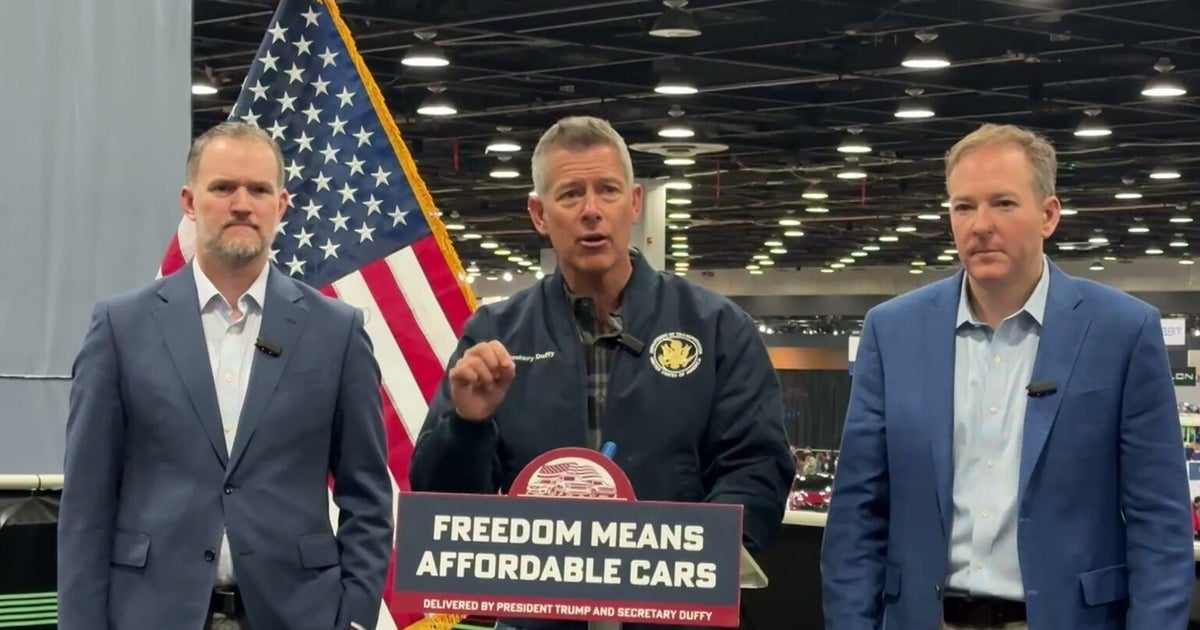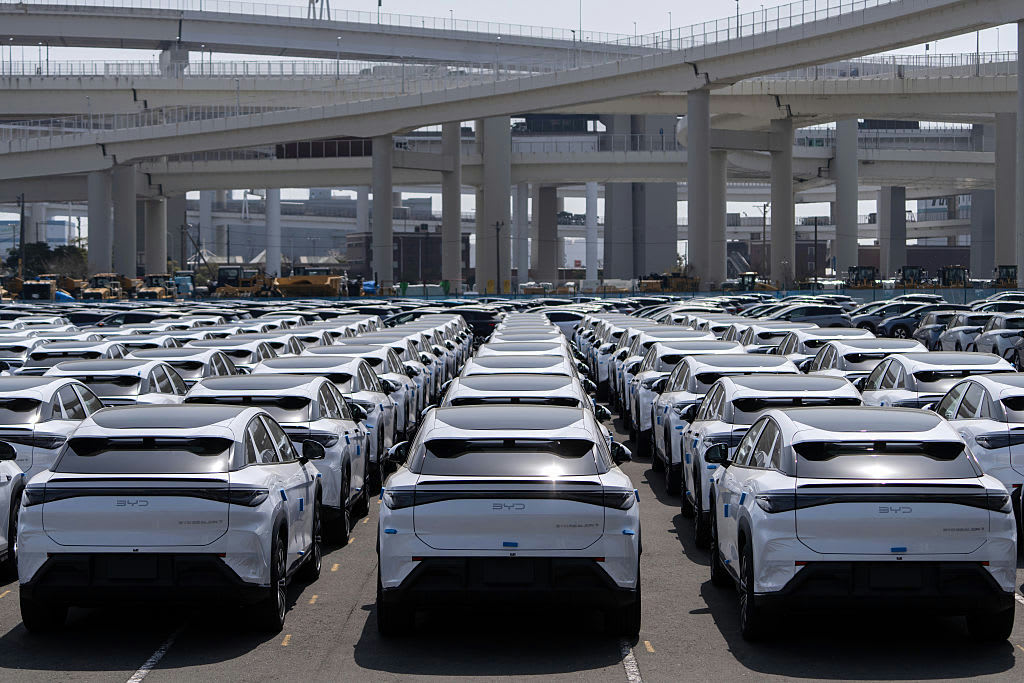Toyota Research Institute CEO on new frontier for auto industry
Toyota Motor Corporation, which has built cars for more than 80 years, is rethinking what it will take to get through the next 80 years. Its new focus is creating a world where mobility issues of all kinds are overcome, using artificial intelligence and robots.
And Toyota is not alone. With car sales down in 2017, automakers and tech companies like Tesla, Alphabet and Ford are re-imagining everything from how we move through cities, to how we get around our homes. They're shaking up the auto industry by taking on public transportation, ride-sharing, and self-driving cars.
Toyota put aside $1 billion last year to create the Toyota Research Institute. Appearing on "CBS This Morning" on Monday, CEO Gill Pratt said the institute is working on making cars safer, more accessible and more convenient.
"Even more important than that, we're thinking about what's next for Toyota," he said. "How do we bring technology that is used for mobility in the streets into mobility within the home, particularly for an aging society?"
Regarding autonomous vehicles, Pratt said Toyota is coming out with the "Highway Teammate" in 2020, geared toward autonomous driving on the highway, which will be followed by an "Urban Teammate" for cities.
"We think automated cars are going to be coming, but we think about it in two ways: One is chauffeur mode (letting the car drive for you when either you can't drive or don't want to drive); and the other, which we think will come even sooner is guardian mode. It's a safety net underneath the driver. The driver continues to drive the car, has lots of fun driving the car, and it prevents you from having an accident."
Pratt said there are some technological barriers: "A self-driving car uses perception; it uses prediction, to figure out where other people are going to go; and then it uses planning, to figure out where it should go. The first and last layers of that sandwich, the perception and the planning, are actually pretty well in hand. Prediction is the hard part -- how do you figure out what other people are going to do?"
When asked why autonomous cars are safer, Pratt replied, "People, of course, get tired, so they get drowsy. People get distracted. And sometimes people get drunk as well. That causes a relatively ten-fold increase in the number of accidents. So we think if we have automated systems, they can see better than people and, of course, they don't get drowsy or distracted, and they certainly don't get drunk."
"And they drive at the speed limit?" said co-anchor Charlie Rose.
"Well, that's an interesting question," Pratt said. "It may be that the safest speed to go is the median speed of the cars around you. It's still yet to be worked out along with the government exactly what that speed should be. Many people of course drive a little faster than the speed limit. That's a current issue that needs to be worked out."
Pratt spoke of how autonomous cars are actually aimed to boosting human autonomy. "The relationship between a person and a car is different than a person and a refrigerator. People love their cars. They tend not to love their refrigerators. And so what is the difference? The difference is that a car enables human autonomy. It's not really about autonomous cars; It's about the autonomy of people.
"And we think we can extend that beyond cars to robotics as well, particularly as the baby boom hits in the U.S. and we have many people trying to age in place within [their] home. We think a lot of that technology can be used to help people lead a better life."







